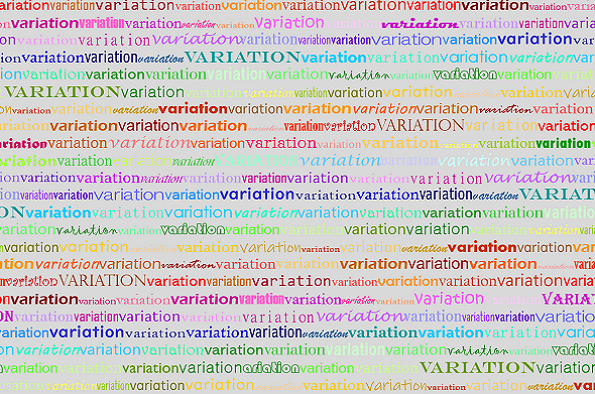
Why don’t we believe non-native speakers and how can exposure to foreign accents reduce this bias?
Add this event to my calendar
Click on "Create a calendar file" and your browser will download a .ics file for this event.
Microsoft Outlook: Download the file, double-click it to open it in Outlook, then click on "Save & Close" to save it to your calendar. If that doesn't work go into Outlook, click on the File tab, then on Open & Export, then Open Calendar. Select your .ics file then click on "Save & Close".
Google Calendar: download the file, then go into your calendar. On the left where it says "Other calendars" click on the arrow icon and then click on Import calendar. Click on Browse and select the .ics file, then click on Import.
Apple Calendar: The file may open automatically with an option to save it to your calendar. If not, download the file, then you can either drag it to Calendar or import the file by going to File >Import > Import and choosing the .ics file.
When something is harder to process, people judge it more negatively, and even believe it less. In this talk, I will show that this tendency leads people to believe information less when it is said with a foreign accent, simply because it is harder to process. I will further show how this implicit negative bias can be reduced with exposure to foreign accent. Lastly, I will show how interacting with a more diverse group of people has wider benefits and can improve individuals’ communication skills in general.
Dr. Lev-Ari is a lecturer at Royal Holloway, University of London. She holds a PhD in Psychology from the University of Chicago and was previously a post-doc at the Laboratoire de Sciences Cognitives et Psycholinguistique in Paris, and a staff scientist at the Max Planck Institute for Psycholinguistics in Nijmegen. Dr. Lev-Ari is interested in how the social environment influences language processing, and how the way we process language, in turn, influences the social environment. She investigates this topic using a combination of individual differences studies, experimental paradigms, and computational simulations.
Please register for this event via Eventbrite.
